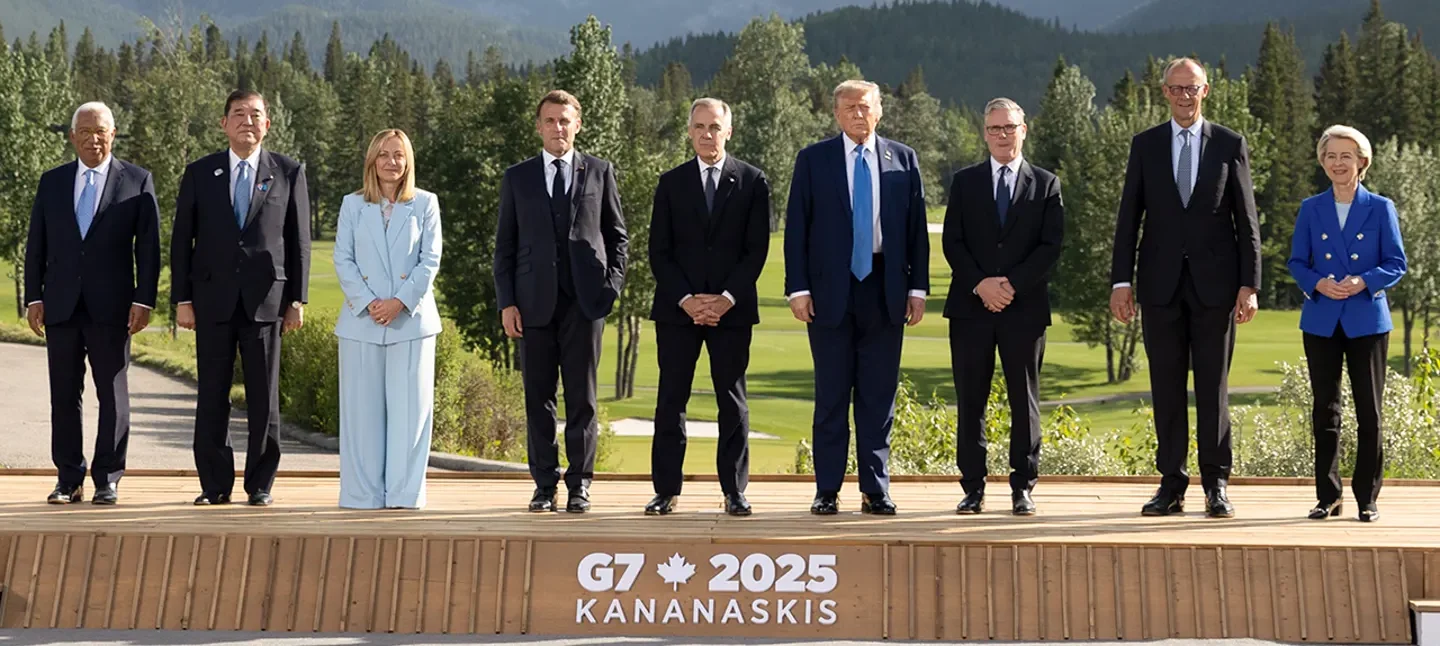In recent developments in New York, a significant investigation has been launched regarding Judge Arthur Engoron following claims by a prominent real estate lawyer in the city. The lawyer, Adam Leitman Bailey, has stirred up quite the storm by stating he offered unsolicited advice to Judge Engoron just weeks before a major ruling involving former President Donald Trump.
Judge Engoron ordered Trump to pay a staggering $454 million in a civil fraud case. The ruling came amidst Trump’s frequent criticisms of Judge Engoron, whom he labeled as “crazed” and “corrupt.” In response to the judgment, Trump managed to post a $175 million bond right before the deadline, preventing the seizure of his assets while he appeals the decision.
Interestingly, Bailey, a well-known figure in New York real estate circles, admitted publicly around the time of the verdict that he had a conversation with Judge Engoron, urging him to “get it right.” This revelation has brought the integrity of the judicial process under scrutiny. Bailey, who asserts that he has no direct involvement in Trump’s legal battles despite his numerous courtroom appearances before Engoron, expressed his concerns about the potential economic impact of such a heavy fine on Trump.
Further complicating matters, Bailey was reported as saying he approached Engoron in a courthouse and discussed the case, despite there being strict rules against such ex parte communications. According to the New York State Rules of Judicial Conduct, judges are prohibited from considering communications outside the presence of the involved parties or their attorneys unless it involves the advice of a disinterested expert.
The conversation has triggered the New York State Commission on Judicial Conduct to investigate whether Judge Engoron may have crossed ethical lines. This investigation could last several months or even more than a year, adding another layer of drama to this high-stakes legal battle.
Judge Engoron denied any wrongdoing or influence from the conversation with Bailey through a spokesman. The spokesman emphasized that the decision was solely Engoron’s, arrived at after deep consideration, and untainted by external influences.
“No ex parte conversation concerning this matter occurred between Justice Engoron and Mr. Bailey or any other person. The decision Justice Engoron issued February 16 was his alone, was deeply considered, and was wholly uninfluenced by this individual,” said Al Baker, a spokesman for the New York State’s Office of Court Administration, in a written statement.




